Two new projects will be joining the Centre for the Humanities and Social Change, Cambridge in October 2018: Giving Voice to Digital Democracies: The Social Impact of Artificially Intelligent Communications Technology and Expertise Under Pressure. Working in collaboration with leading thinkers, policymakers and practitioners across the globe, our teams will investigate the interface between technology and social change. Read about the Giving Voice to Digital Democracies research project and meet the team below.
Giving Voice to Digital Democracies: The Social Impact of Artificially Intelligent Communications Technology
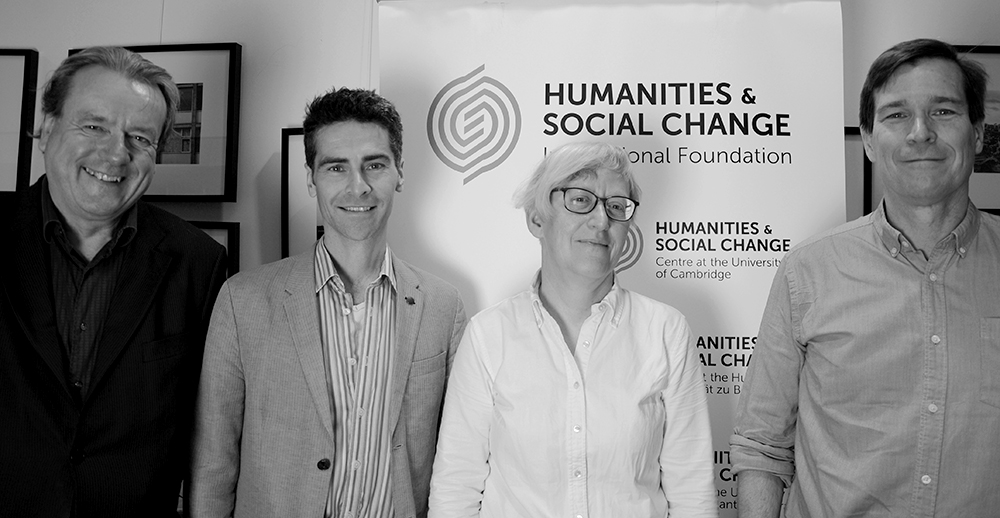
‘Hey Siri, how should I vote in the next national election?’
Using manifesto promises and gathered data, Siri (or Cortana, or Alexa, or any other virtual assistant) could determine which party championed her owner’s core socio-political and economic values – or she could name the party offering the most enticing tax breaks to the corporation that created her. And if her response was based on an ethically dubious pre-programmed agenda, who would know?
Automated conversational agents are prototypical examples of Artificially Intelligent Communications Technology (AICT), and such systems make extensive use of speech technology, natural language processing, smart telecommunications, and social media. AICT is already rapidly transforming modern digital democracies by enabling unprecedentedly swift and diffuse language-based interactions. Therefore it offers alarming opportunities for distortion and deception. Unbalanced data sets can covertly reinforce problematical social biases, while microtargeted messaging and the distribution of malinformation can be used for malicious purposes.
Responding to these urgent concerns, this Humanities-led project brings together experts from linguistics, philosophy, speech technology, computer science, psychology, sociology, and political theory to develop design objectives that can guide the creation of more ethical and trustworthy AICT systems. Such systems will have the potential to effect more positively the kinds of social change that will shape modern digital democracies in the very near future.
To this end, the various activities undertaken as part of this project explore several key ethical and social issues relating to AICT, and these events are designed to establish a dialogue involving academia, industry, government, and the public. The central research questions that provide a primary focus for the interactions include:
- What form should an applied ethics of AICT take?
- To what extent can social biases be removed from AICT?
- How can the dangers of dis/mis/malinformation in AICT applications be reduced most effectively?
- How can ethical AICT have a greater positive impact on social change?
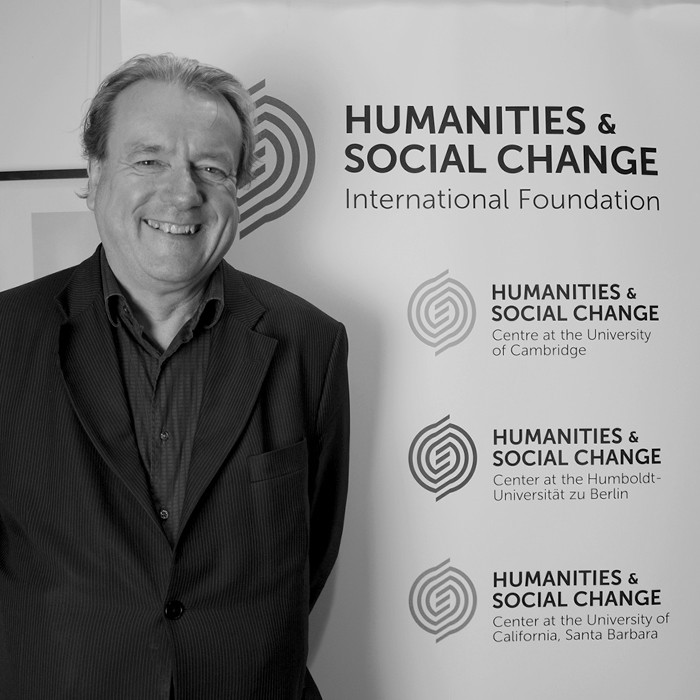 Principal Investigator Professor Ian Roberts, Professor of Linguistics • Q&A: Meet the Researcher |
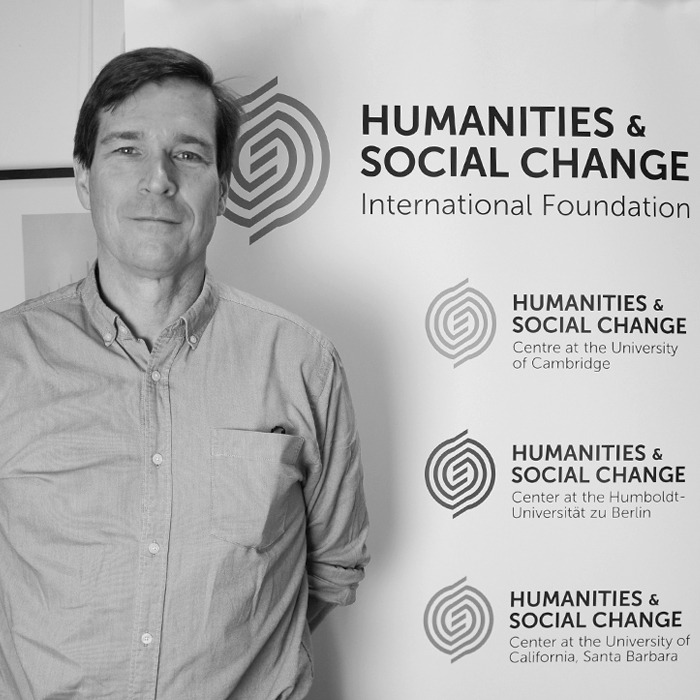 Co-Investigator Professor Bill Byrne, Professor of Electrical Engineering • Q&A: Meet the Researcher |
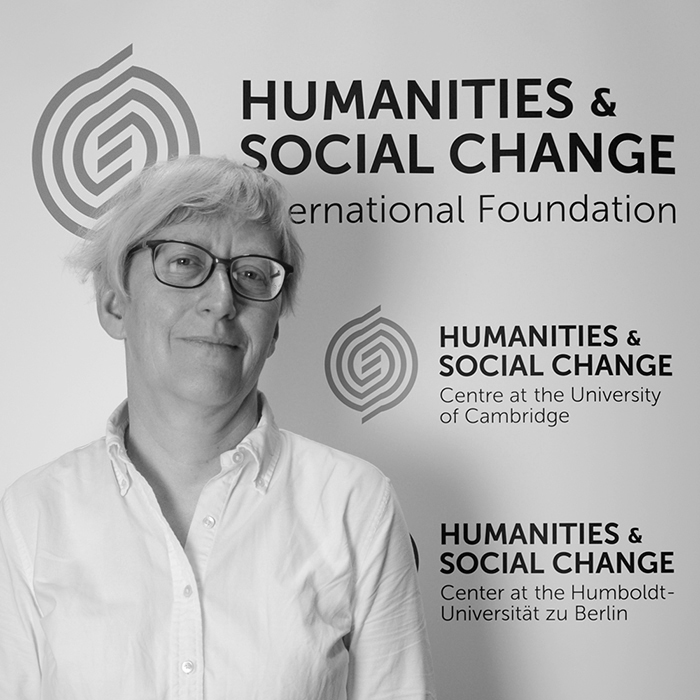 Co-Investigator Professor Ann Copestake, Professor of Computational Linguistics • Q&A: Meet the Researcher |
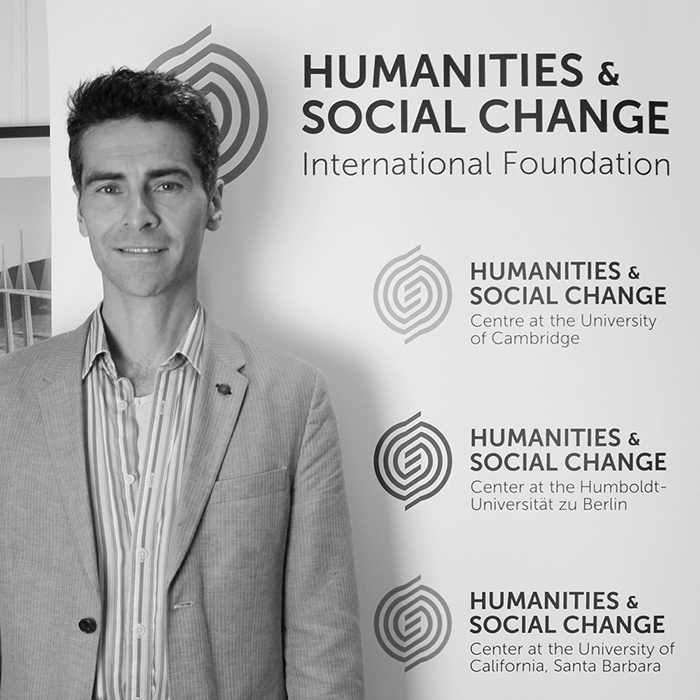 Senior Research Associate Dr Marcus Tomalin, The Machine Intelligence Laboratory • Q&A: Meet the Researcher |
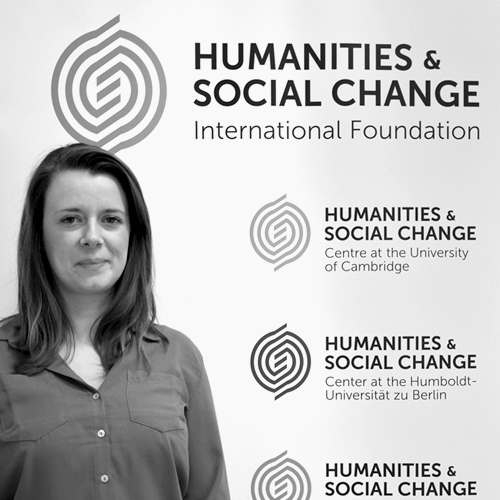 Postdoctoral Research Associate Dr Stefanie Ullmann • Q&A: Meet the Researcher |
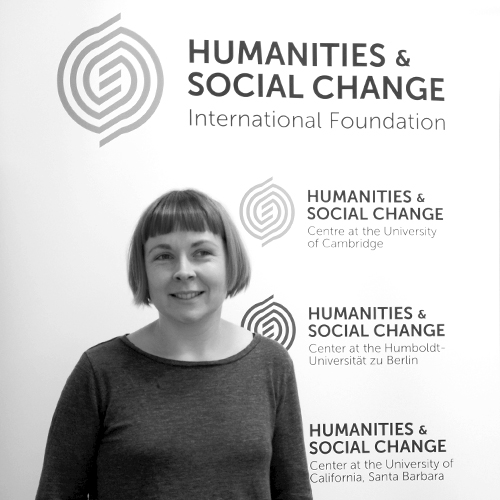 Postdoctoral Research Associate Dr Shauna Concannon • Q&A: Meet the Researcher |

